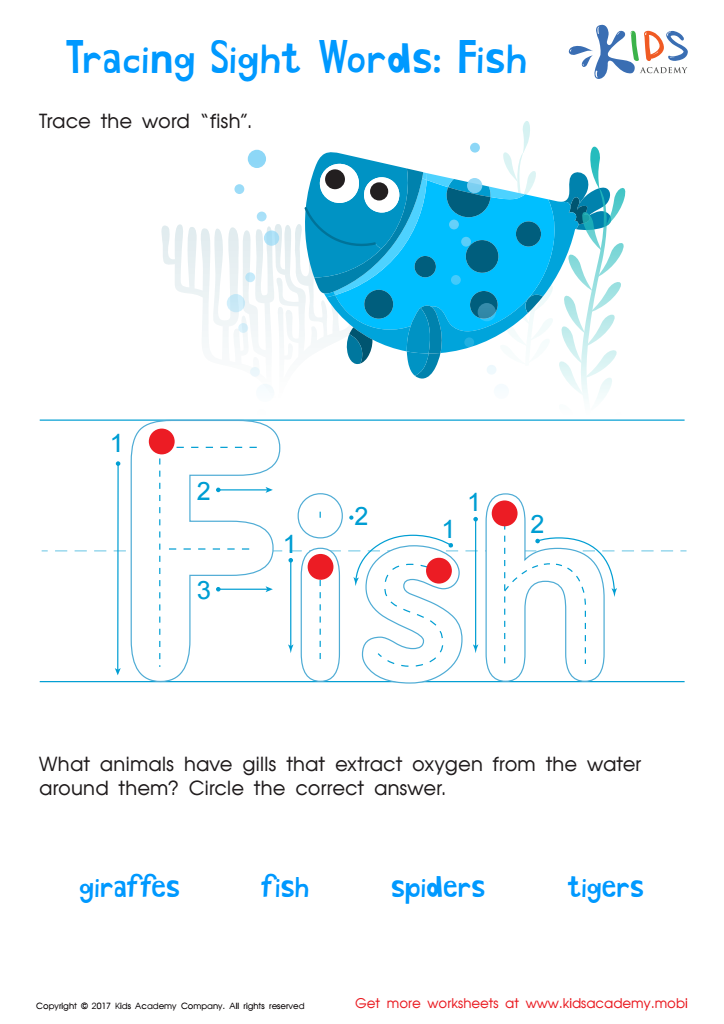Normal Tracing Words worksheets activities for 6-Year-Olds
34 filtered results
-
From - To
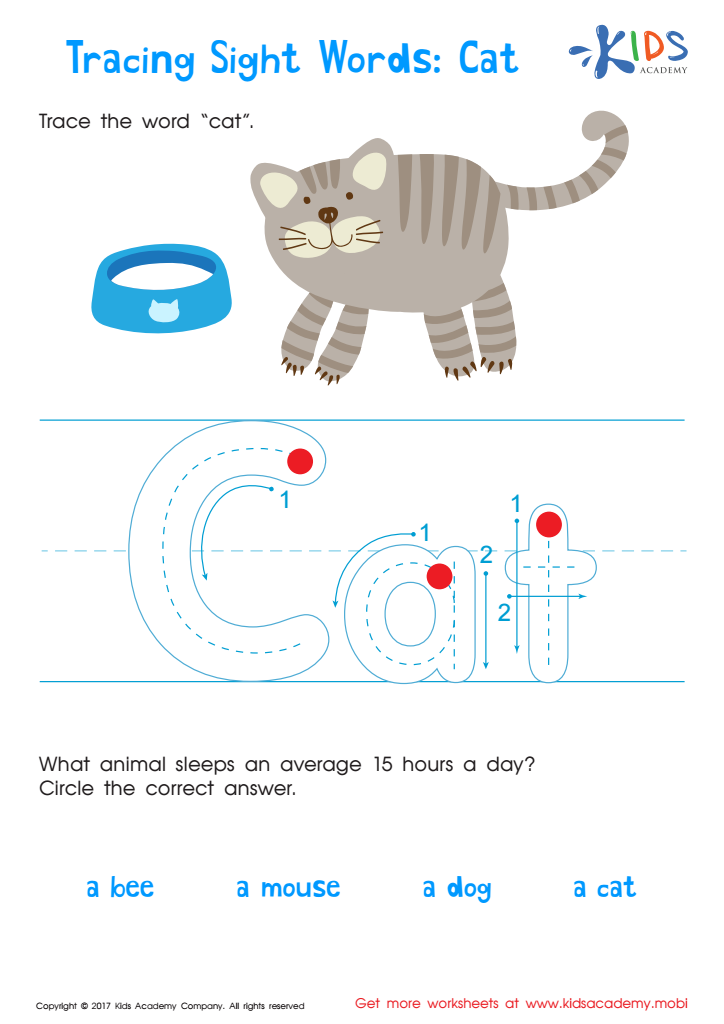

Cat Printable Sight Words Worksheet
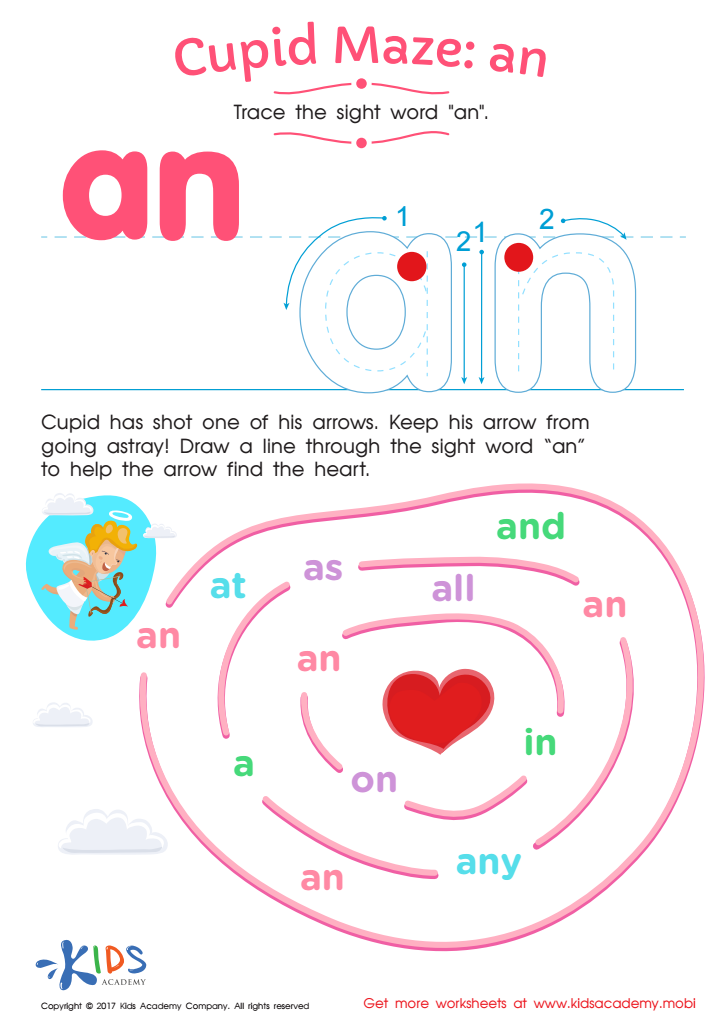

Cupid Maze: An Printable
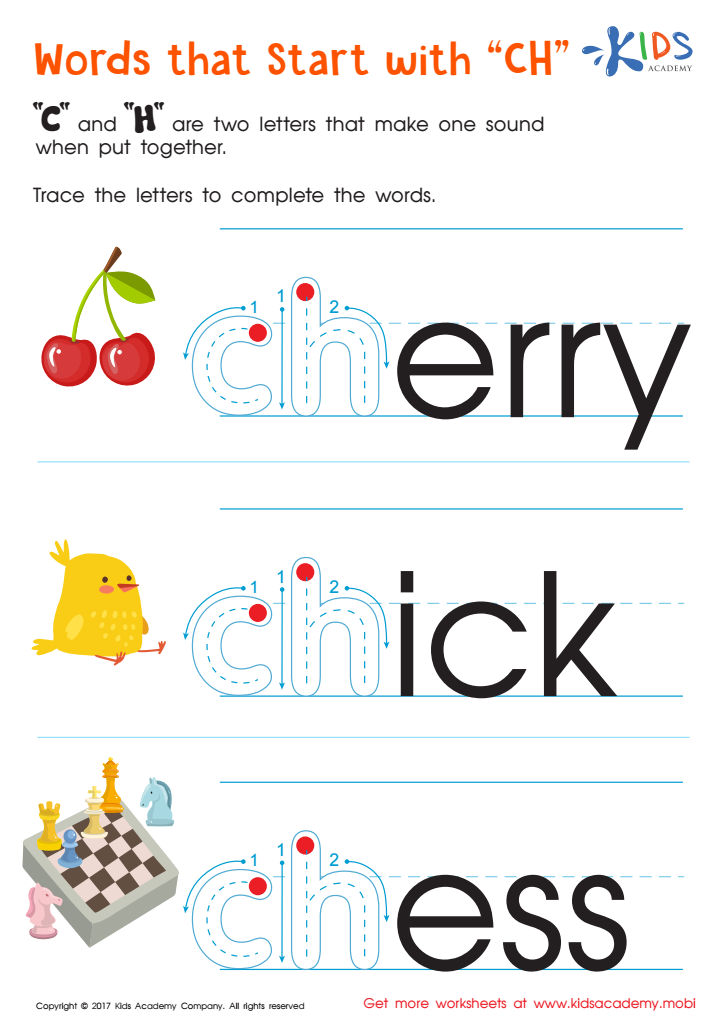

Words That Start with "ch" Spelling Worksheet
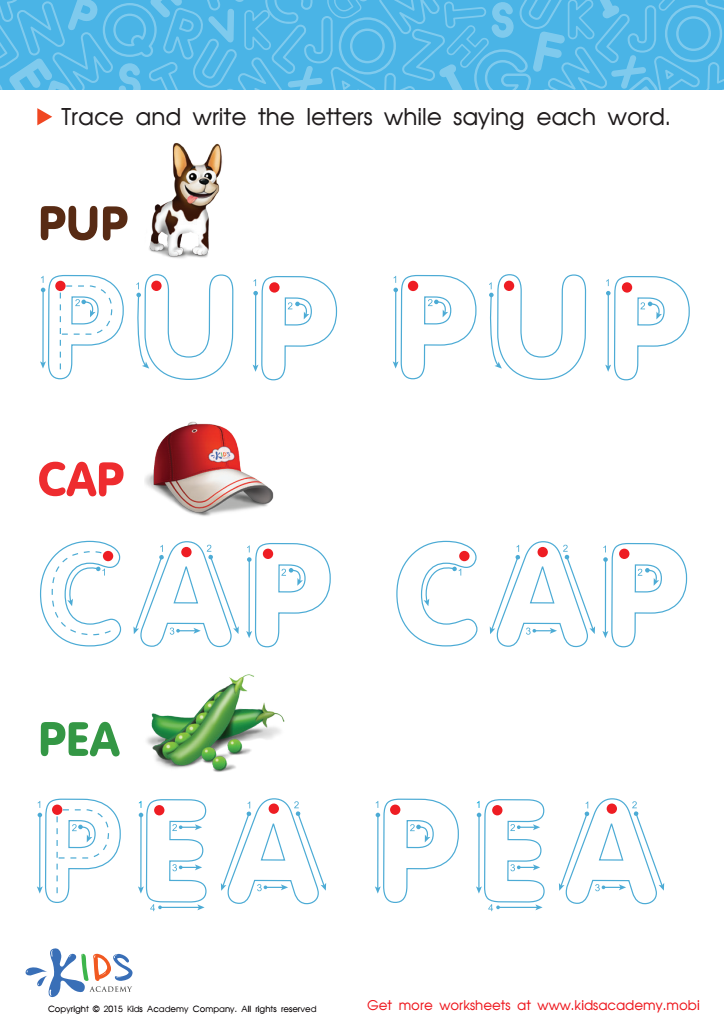

A Pup, a Cap and a Pea Spelling Worksheet
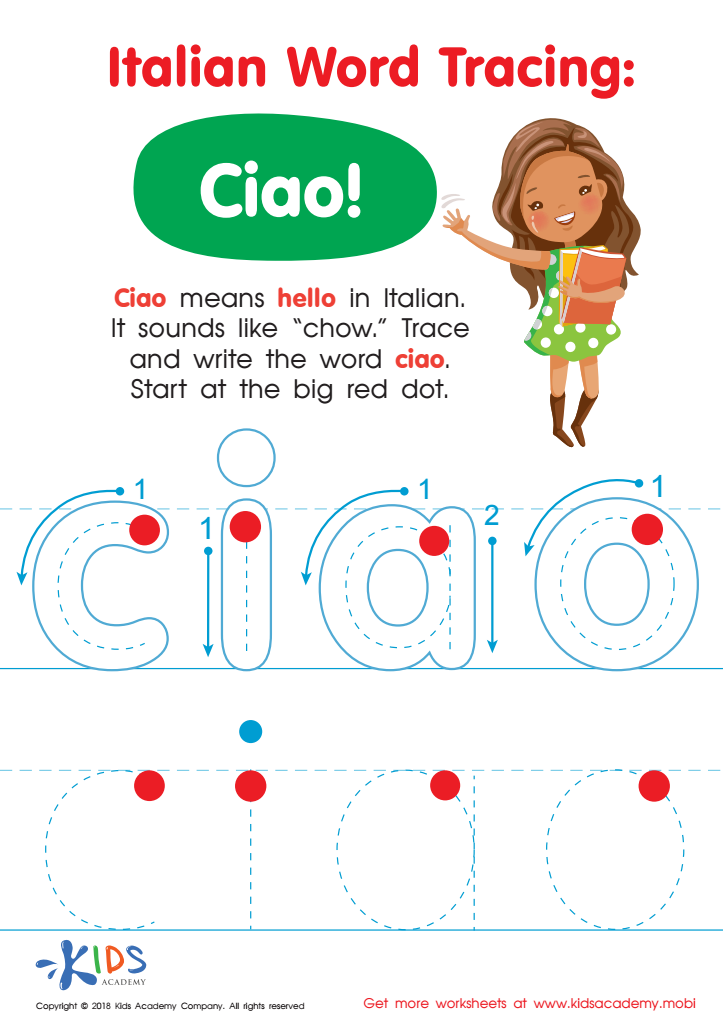

Italian Word Tracing: Ciao Worksheet
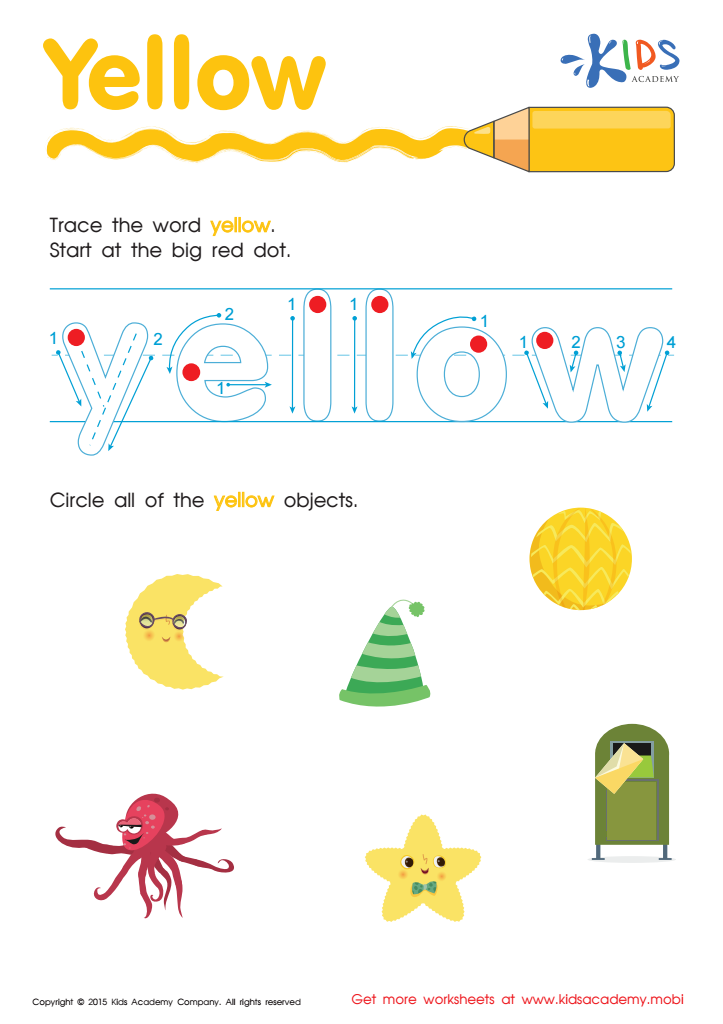

Yellow Tracing Color Words Worksheet
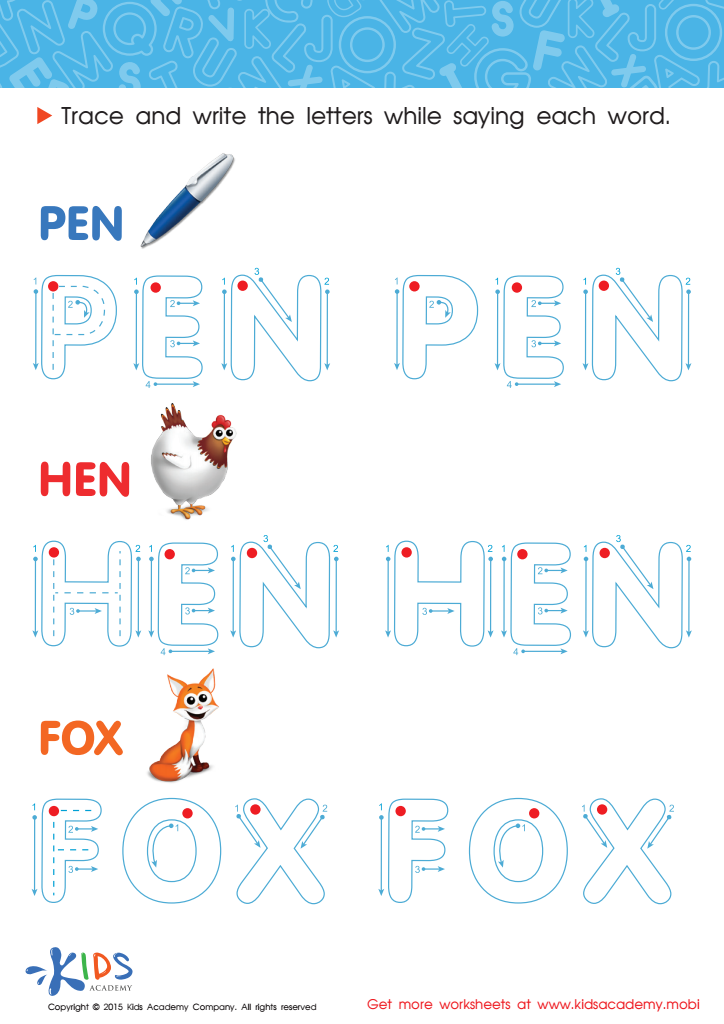

A Pen, a Hen and a Fox Spelling Worksheet
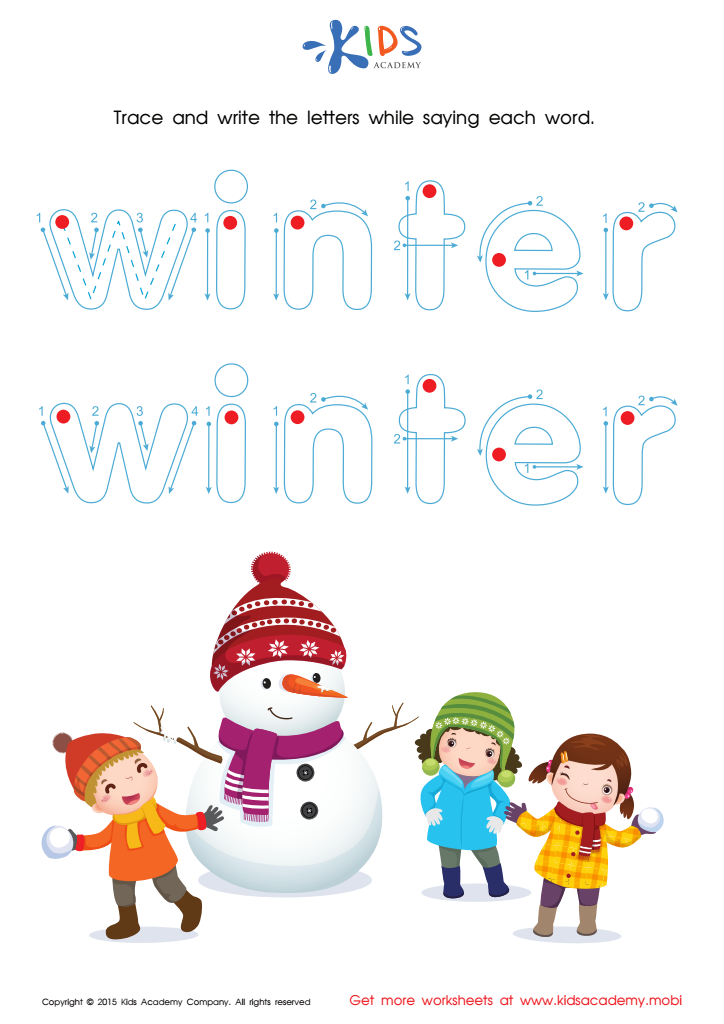

Snowman Tracing Winter Words Worksheet
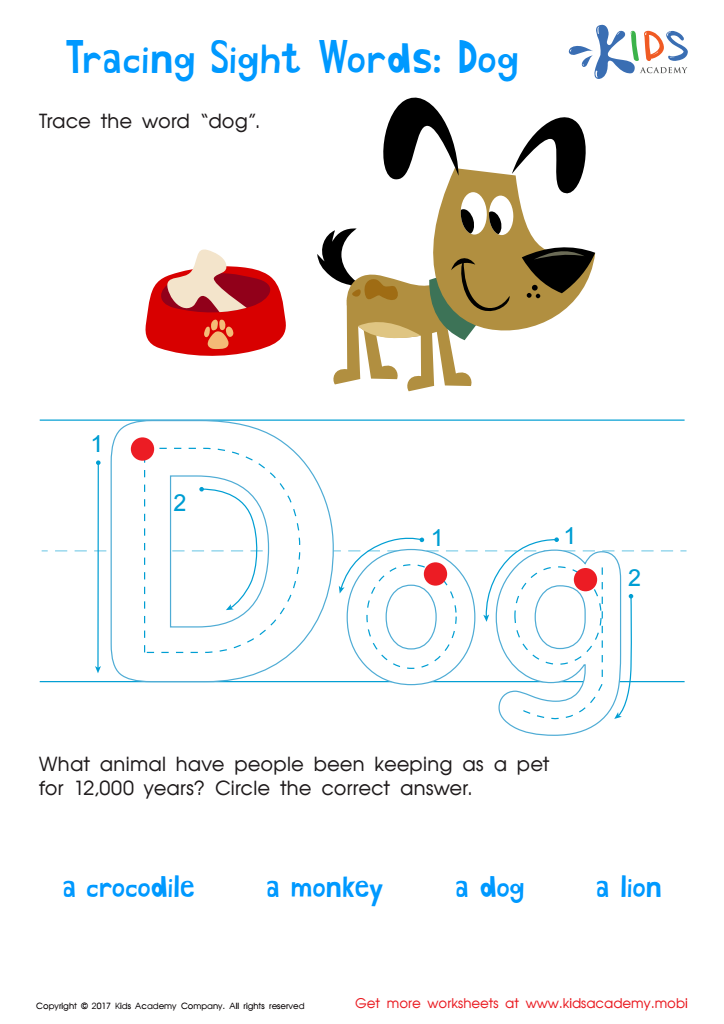

Dog Worksheet Sight Words Worksheet
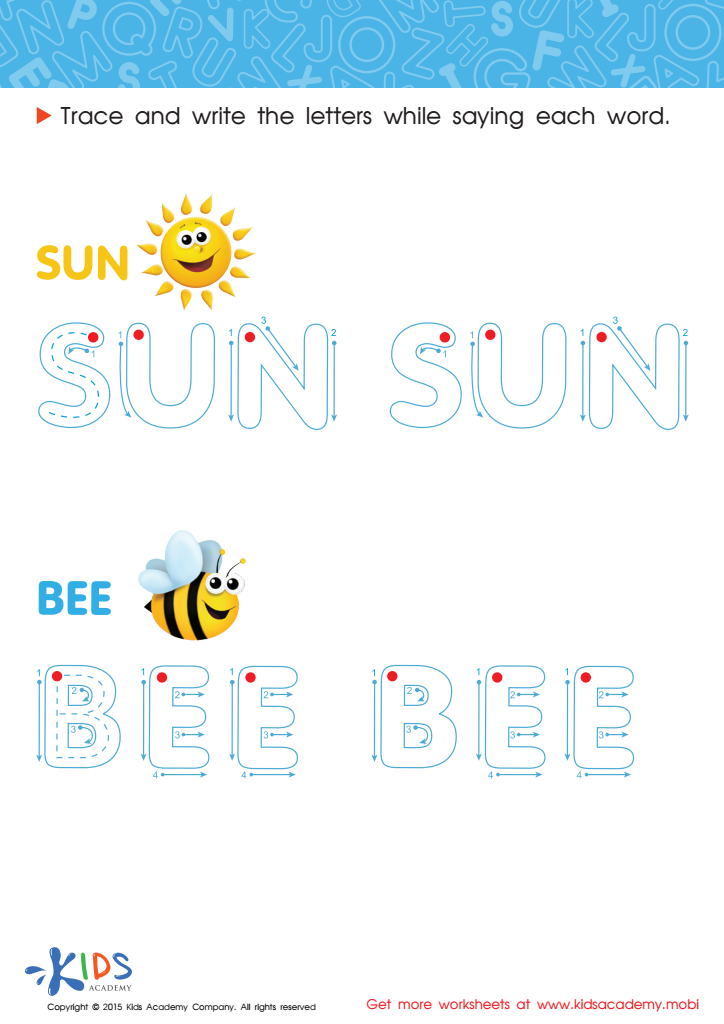

The Sun and a Bee Spelling Worksheet
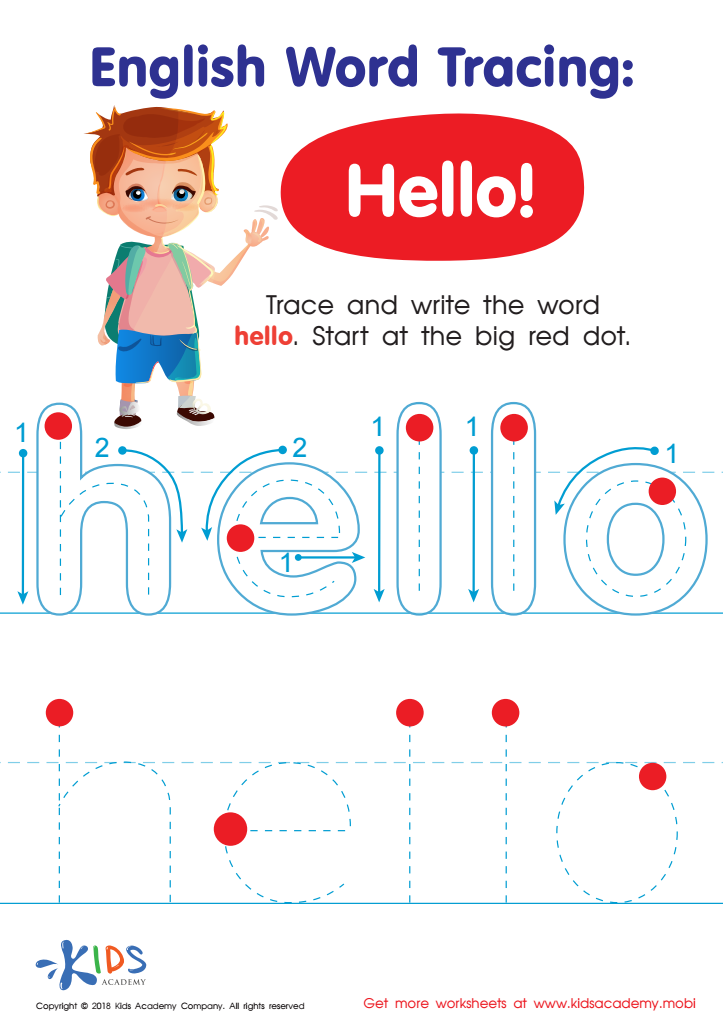

English Word Tracing: Hello Worksheet
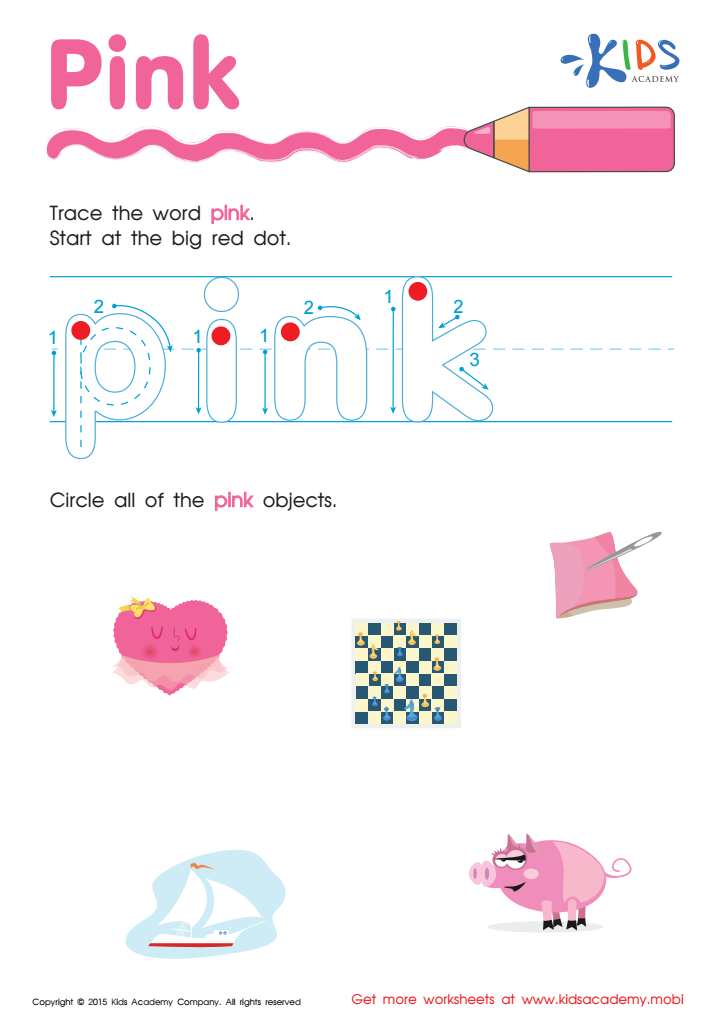

Pink Tracing Color Words Worksheet
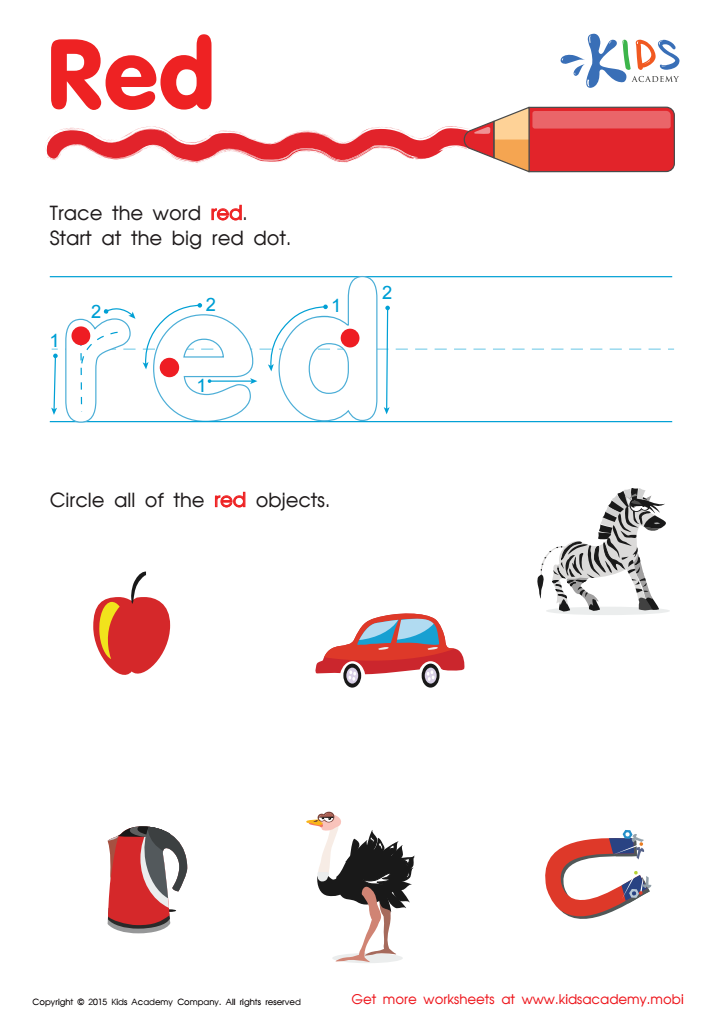

Red Tracing Color Words Printable
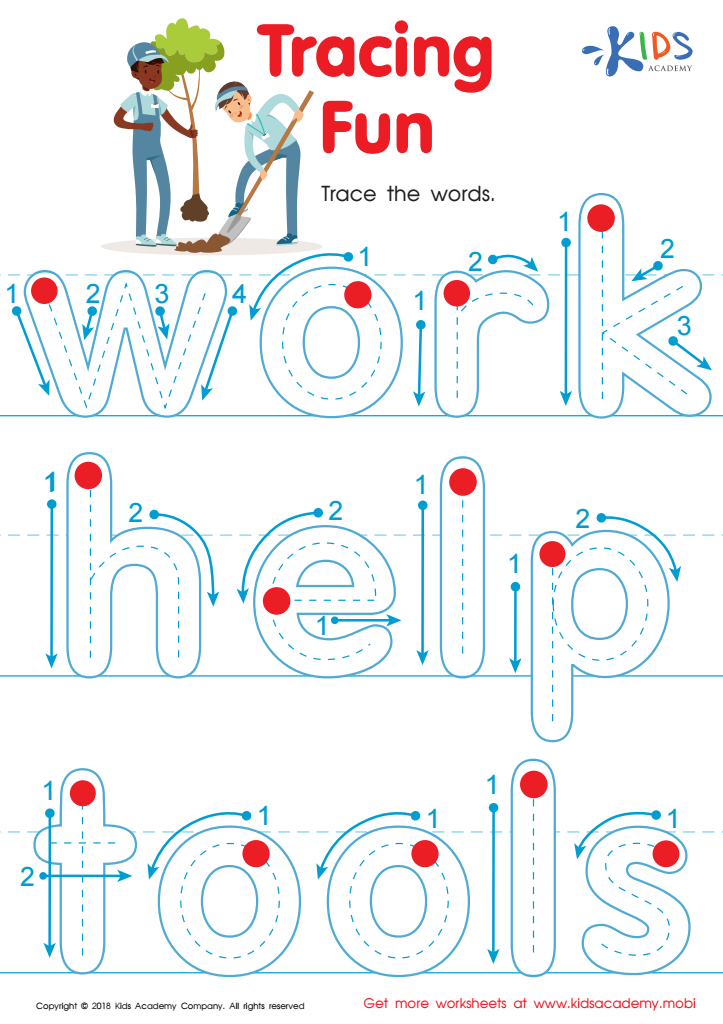

Tracing Fun Worksheet
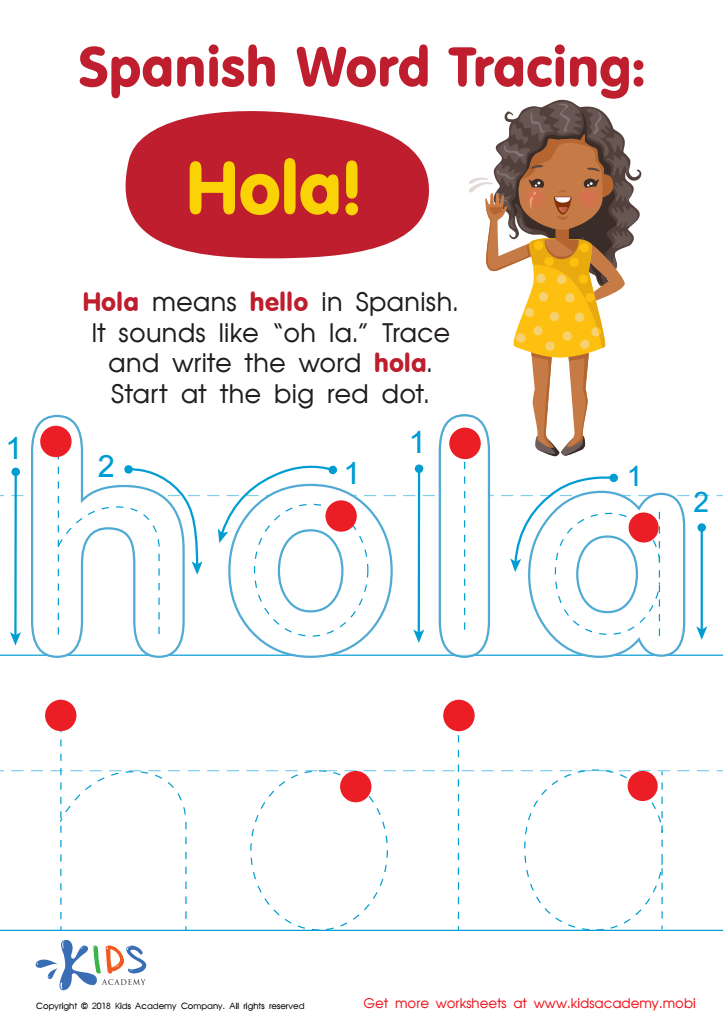

Spanish Word Tracing: Hola Worksheet
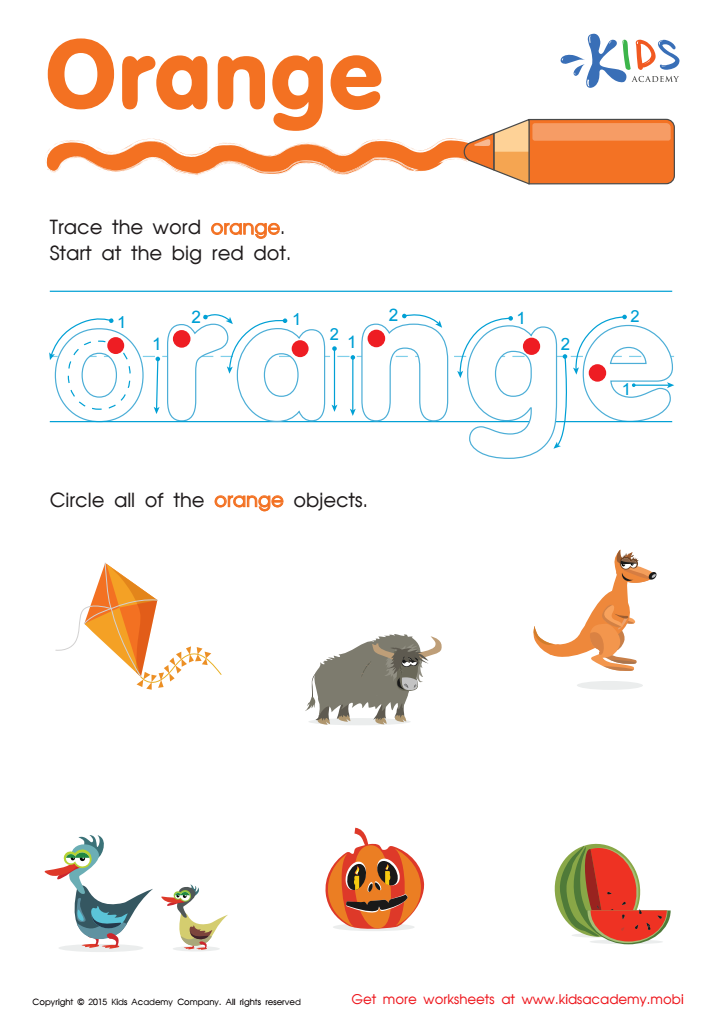

Orange Tracing Color Words Worksheet
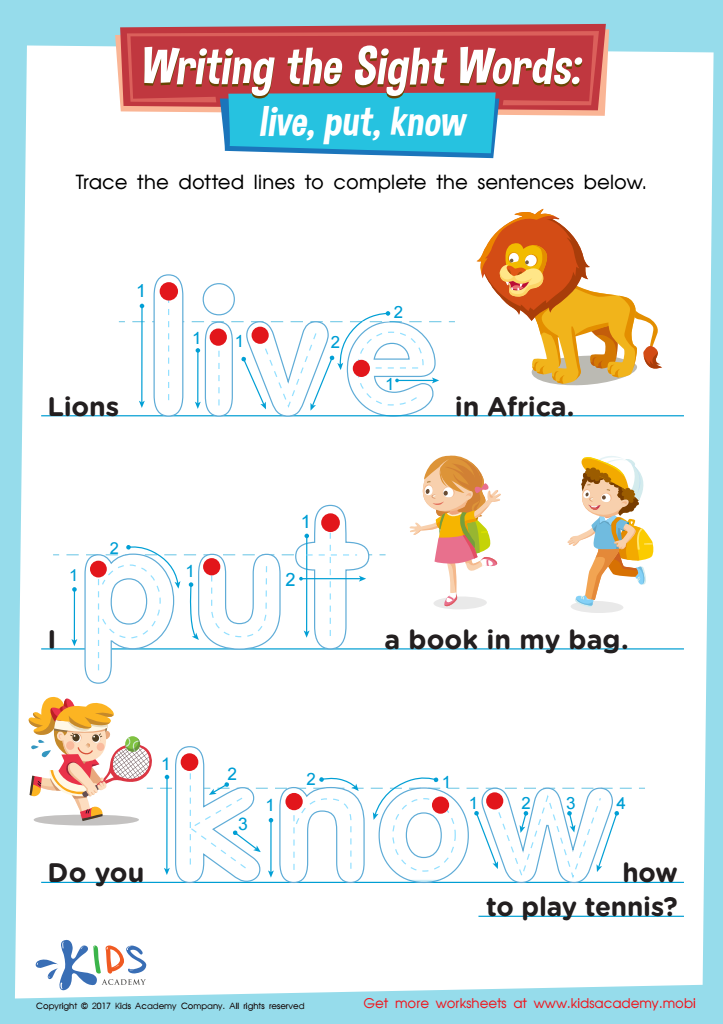

Live, Put, Know Printable Sight Words Worksheet
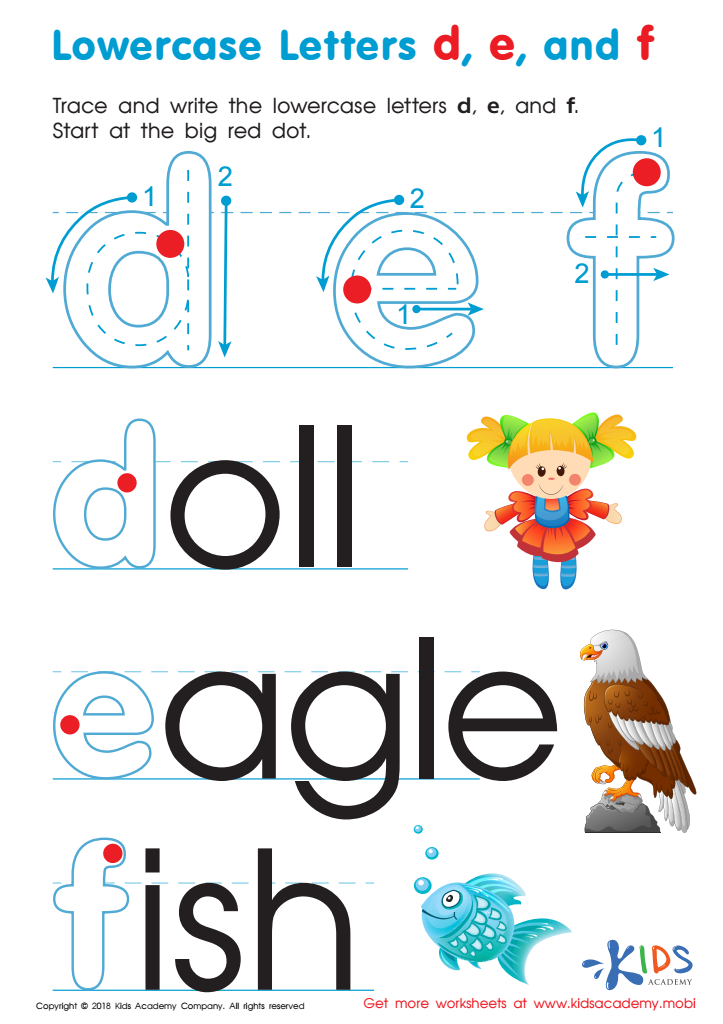

Lowercase Letters d e f Worksheet
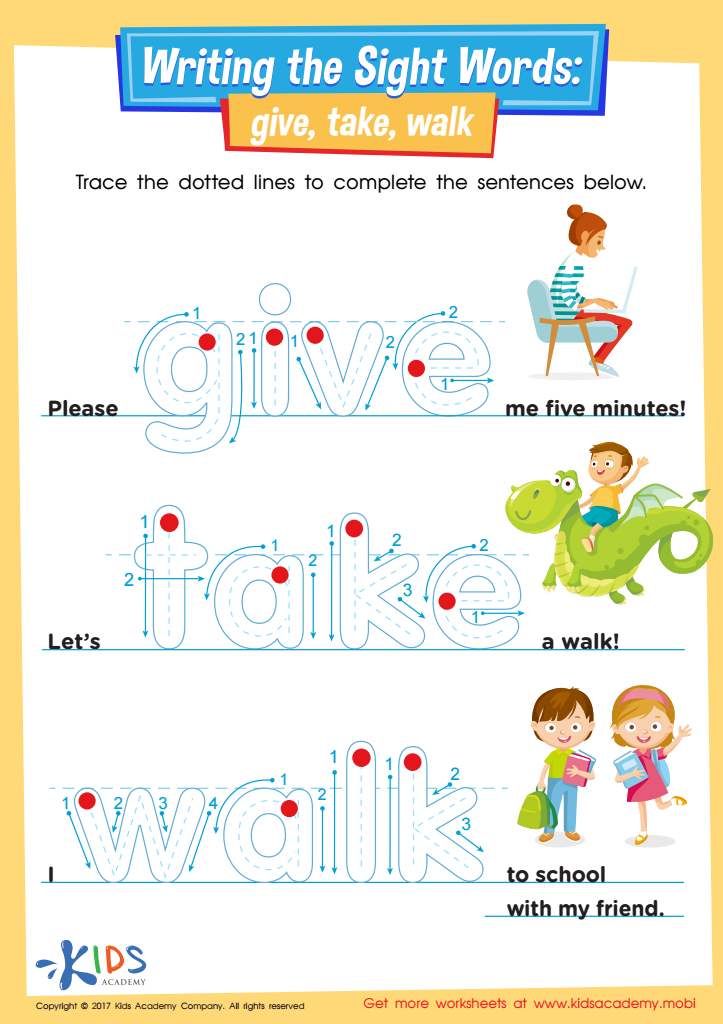

Give, Take, Walk Printable Sight Words Worksheet
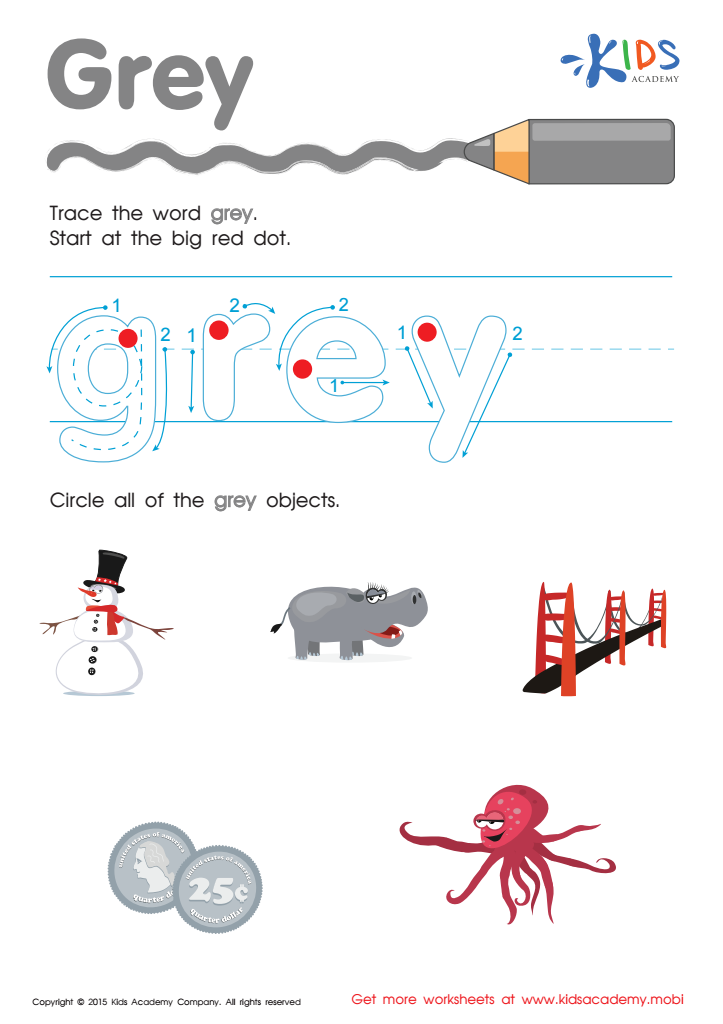

Grey Tracing Color Words Worksheet
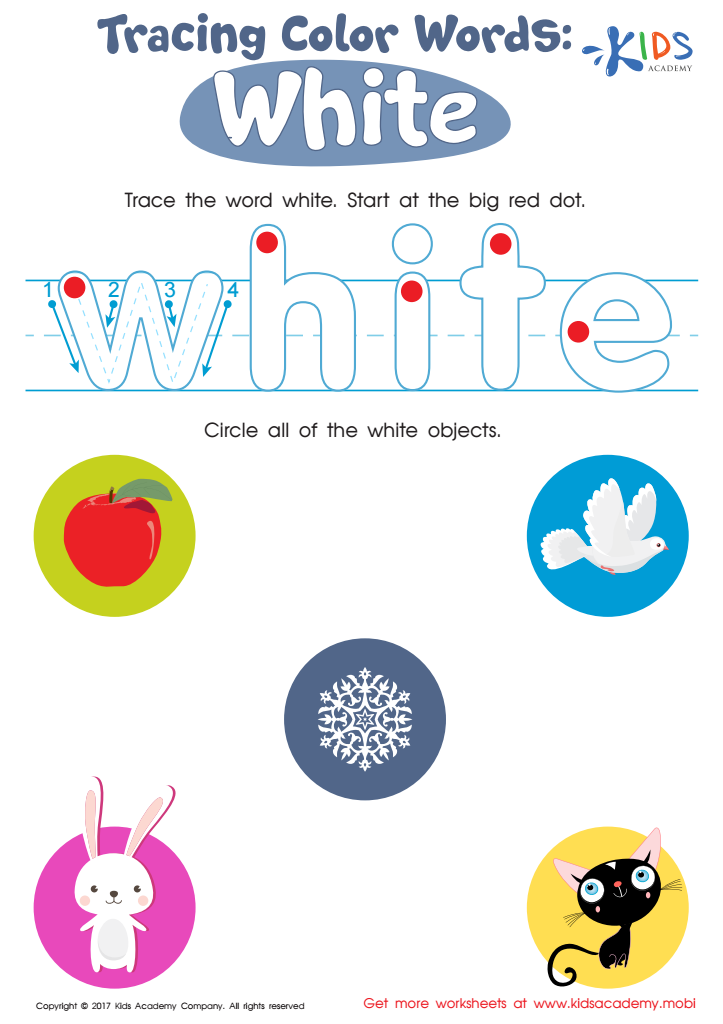

White Tracing Color Words Worksheet
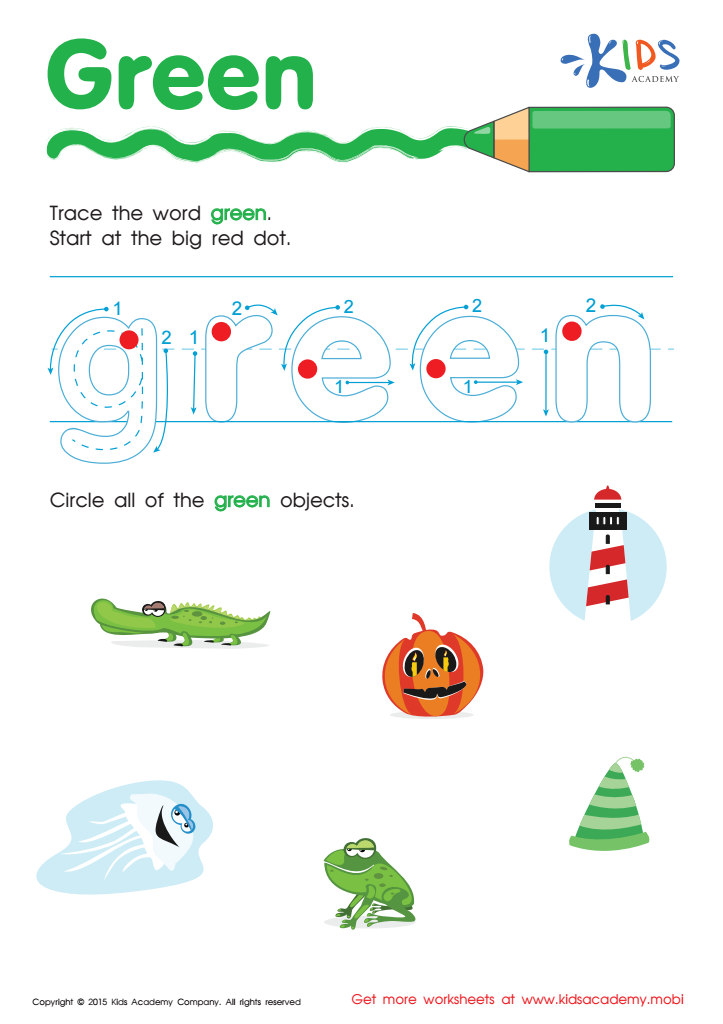

Green Tracing Color Words Worksheet
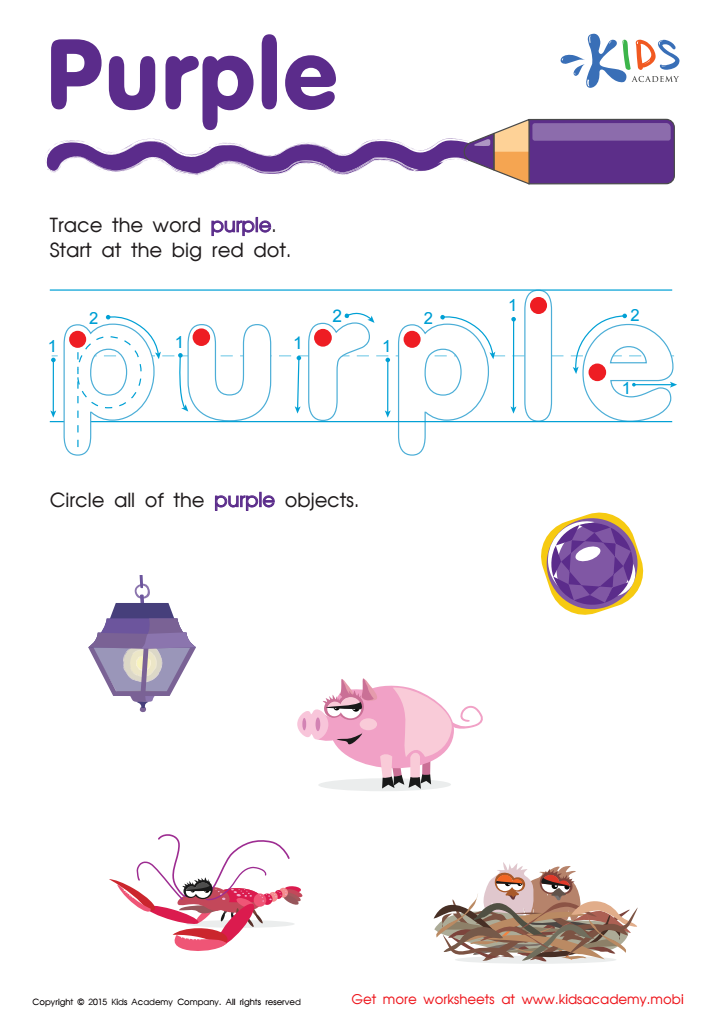

Purple Tracing Color Words Worksheet
Normal Tracing Words worksheets activities play a pivotal role in early childhood education, providing a multitude of benefits that support the holistic development of young learners. These activities are not only engaging but also instrumental in enhancing a child's literacy, fine motor skills, and cognitive abilities. Let's delve into why Normal Tracing Words worksheets are so valuable.
First and foremost, these activities serve as a foundational step towards literacy. By tracing words, children become familiar with the alphabet, the formation of letters, and eventually, the construction of words. This familiarity is crucial as it lays the groundwork for reading and writing skills, making the transition to more complex literacy tasks smoother and more intuitive for young learners.
Moreover, Normal Tracing Words worksheets are excellent for refining fine motor skills. The act of tracing requires control, precision, and hand-eye coordination. As children follow the shapes of letters with their pencils, they develop the muscle strength and dexterity needed for writing. Over time, this practice helps in improving their handwriting, making it more legible and efficient.
Cognitive development is another significant benefit of these tracing activities. They challenge a child’s memory and concentration, as they must recall the shape of letters and focus on the task at hand. This kind of mental engagement is vital for cognitive growth, enhancing a child's ability to learn, solve problems, and think critically.
Furthermore, Normal Tracing Words worksheets are versatile and can be tailored to meet the individual needs of children. Whether it's increasing the complexity of words, introducing new vocabulary, or incorporating thematic content, these activities can be adapted to keep children engaged and learning at their own pace.
In conclusion, Normal Tracing Words worksheets activities are an invaluable tool in early education. They foster literacy, enhance fine motor skills, stimulate cognitive development, and can be customized to enrich the learning experience. Through these activities, children acquire essential skills that serve as the building blocks for their future academic endeavors.
 Assign to My Students
Assign to My Students
